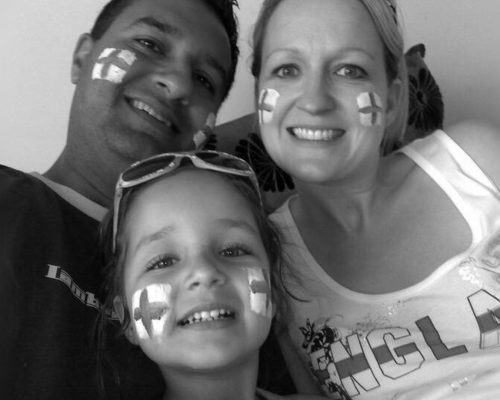A business owner has to make the crucial calls and decide which way to go
It’s rather psychologically and emotionally challenging to manage and run a business. As the leader, your responsibility is to be the person for almost every hard-hitting decision your business has to make, while at the same time making sure your team is motivated and devoted to work towards the business goals.
It’s unescapable that you will be forced to face a hard decision every now and then. Sometimes you would need to make a risky and strategic move for the business, or maybe it’s as simple as needing to fire a team member who you’ve been personally close with. Either way, these challenging decisions have to be made. It’s part of the game, so it’s helpful to come up with schemes you can use to make these decisions easier, particularly in formulating a superior option and battling the stress and burdens that come along with it.
Stress can make decisions more difficult to arrive at
Decision fatigue is a known occurrence that sets in when a person is faced with too many successive decisions. Even minor decisions can accumulate the stress of decision-making and make dealing with bigger decisions more stressful. To fight decision fatigue, try spending less time on small-scale decisions. Prioritise concerns that are urgent and important, and let other people on your team decide things that don’t have much impact on you or your business.
Learn to detach yourself out of the situation
It’s easier to make decisions when you separate yourself from the issue altogether. Visualise that the problem isn’t happening to your company, so your perspective is that of someone from the outside.
Determine the core issue and describe the situation in your mind. If a friend or colleague came up to you and asked advice, what would you tell that person? Generally, it’s easier to realise the answer when we’re removed from the situation, because the stakes are lower — but the solution is just as good.
Be strict with your personal deadlines
Working with a lot of entrepreneurs as a Business Coach, I’ve noticed that one of the biggest challenges in decision-making is being decisive in a timely manner. Business leaders tend to procrastinate.
So if you give yourself, say, a week to make a decision on something, you’re going to take a week. If you give yourself a day, you’re going to take a day. While it’s not wise to rush decisions with major consequences, you’ll also want to set a strict timetable so you don’t end up procrastinating too long. Your time and resources are too precious to be wasted.

Decisions are easier when you quantify them
Numbers don’t lie, so when you play the numbers game, you’ll always see things objective and allows you to make decisions stress-free. Some things cannot be measured, though, and that’s when you may need to assign values just so you could make a quantitative comparison.
Numbers are also helpful when you need to make decisions based on historical data. Many business owners take for granted the value of looking at trends and other charts that can help provide a broader perspective on growth and changes. If you try to make a crucial decision without the slightest help of any form of statistic, you’re increasing your chances of making the wrong move.
Concentrate on the bigger picture
Sometimes, we get caught up in the midst of the current situation that we tend to focus only on resolving the crisis at hand, neglecting to see the bigger picture. Band-aid solutions can create long-term damage to the overall behavior of your business, which makes future problems more difficult to solve.
Always think about how your decision would impact your business in the next few months or years. Think of ripple effects and succeeding consequences. Just because you’re dealing with something that seems trivial doesn’t mean it can’t have a large-scale impact on your business.
Work with a Business Coach like me to help yourself enhance the way you make decisions for your business. My extensive clientele consists of companies based in all of the Midlands including Leicestershire, Derbyshire, Nottinghamshire and Staffordshire. Discover how REACH Business Coaching can help you grow your business by attending our free workshops and seminars.
For schedules and more information, visit our Events page.


Guaranteed Investment
Everything I do is bound by my solid gold guarantees. Regardless of which programme we work on, if you do what you said you were going to do, when you were going to do it, you will get a return on investment guaranteed. If not, then I will refund you the difference. Yes, I am guaranteeing your investment.



